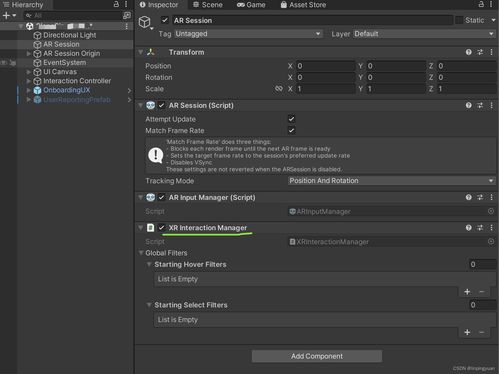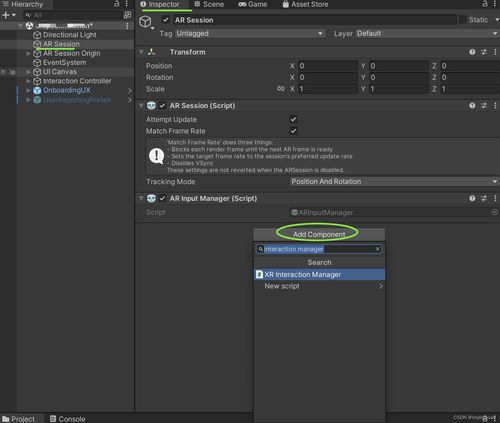Beta LT vs Beta AR: A Comprehensive Comparison
When it comes to choosing the right pair of binoculars, the decision can be quite daunting. With so many options available in the market, it’s essential to compare different models to find the one that best suits your needs. In this article, we’ll delve into a detailed comparison between the Beta LT and Beta AR binoculars, highlighting their features, performance, and overall value for money.
Design and Build Quality

The Beta LT and Beta AR binoculars share a similar design philosophy, focusing on durability and ease of use. Both models feature a sleek, ergonomic design that is comfortable to hold for extended periods. However, there are some notable differences in their build quality and materials used.
The Beta LT is constructed with a magnesium alloy body, which makes it lightweight yet robust. The binoculars are also waterproof and shockproof, ensuring they can withstand harsh conditions. On the other hand, the Beta AR boasts a polycarbonate body, which is even lighter and more durable. This material also provides better resistance to impact and temperature fluctuations.
| Feature | Beta LT | Beta AR |
|---|---|---|
| Material | Magnesium alloy | Polycarbonate |
| Weight | Approx. 780g | Approx. 680g |
| Waterproof | Yes | Yes |
| Shockproof | Yes | Yes |
Optical Performance

One of the primary reasons for purchasing binoculars is to enhance your viewing experience. Both the Beta LT and Beta AR offer excellent optical performance, but there are subtle differences in their specifications.
The Beta LT features a 10x magnification and a 50mm objective lens, providing a clear and detailed image. The binoculars also offer a wide field of view, making it easier to track moving objects. The Beta AR, on the other hand, offers a 8x magnification and a 42mm objective lens, which is slightly more compact and easier to carry. However, the Beta AR’s narrower field of view may be a drawback for some users.
Both models use fully multi-coated lenses to maximize light transmission and reduce glare. The Beta LT has an exit pupil of 5mm, while the Beta AR has an exit pupil of 5.25mm. This means the Beta AR provides a slightly brighter image, especially in low-light conditions.
| Feature | Beta LT | Beta AR |
|---|---|---|
| Magnification | 10x | 8x |
| Objective Lens | 50mm | 42mm |
| Exit Pupil | 5mm | 5.25mm |
| Field of View | 106m at 1000m | 94m at 1000m |
Additional Features

Beyond their optical performance, both the Beta LT and Beta AR offer a range of additional features that enhance their usability.
The Beta LT comes with a built-in compass and inclinometer, making it a versatile choice for outdoor enthusiasts. The binoculars also feature a focus wheel with a quick-focus mechanism, allowing for easy adjustments. The Beta AR, on the other hand, includes a built-in magnifier, which can be useful for reading maps or close-up observations.
Both models are equipped with a diopter adjustment, ensuring that the image is clear for users with different prescription strengths. Additionally, the Beta LT and Beta AR both come with a neck strap, carrying case, and lens covers









